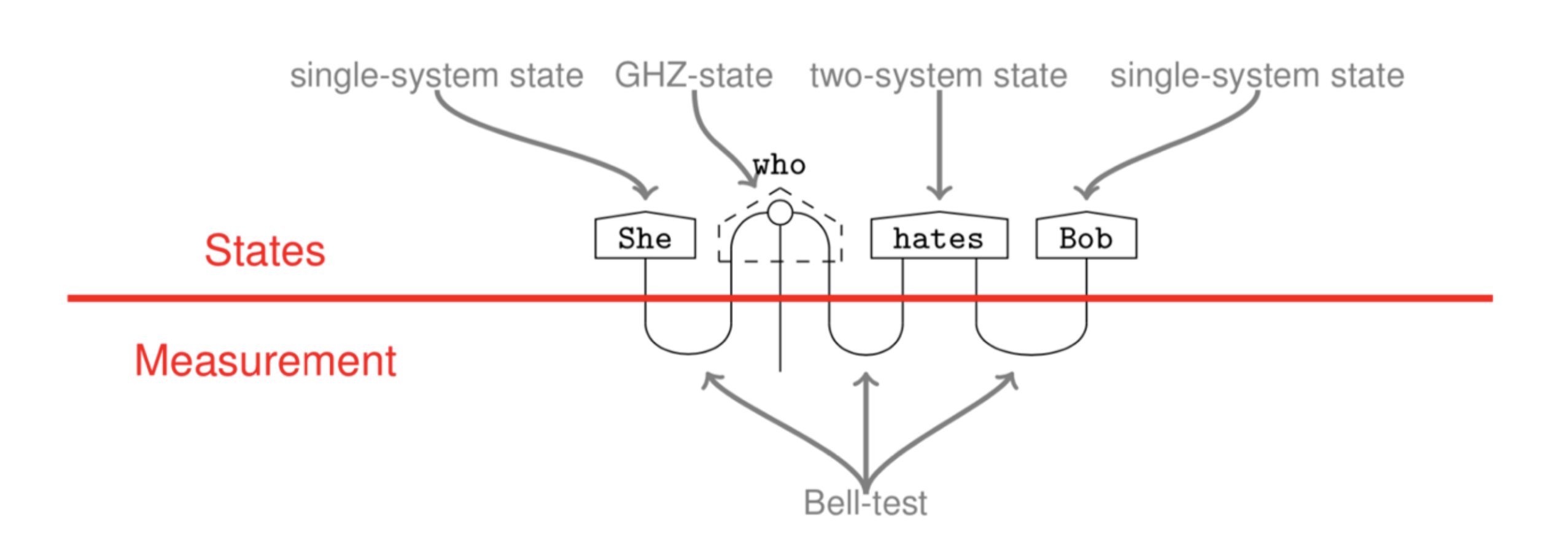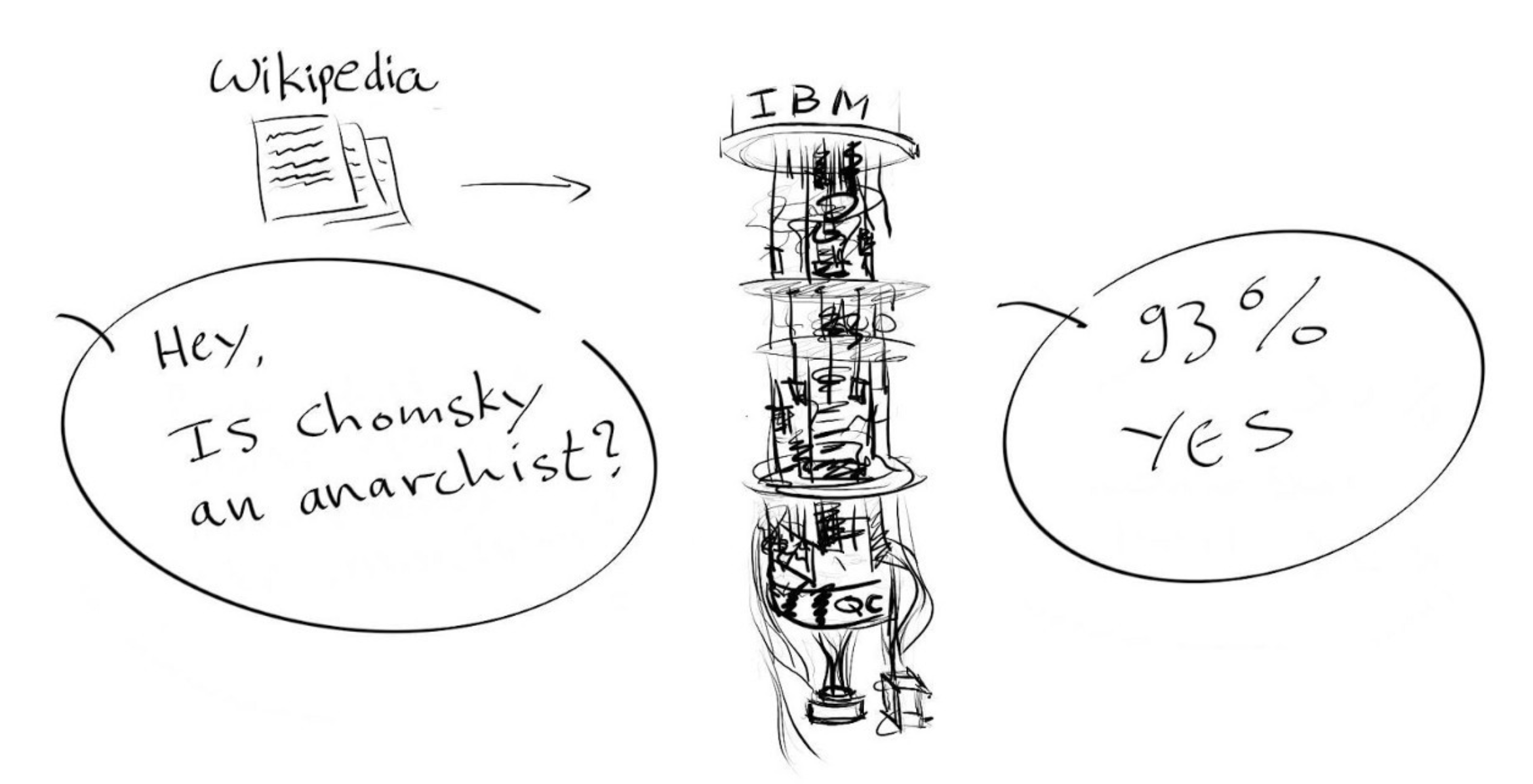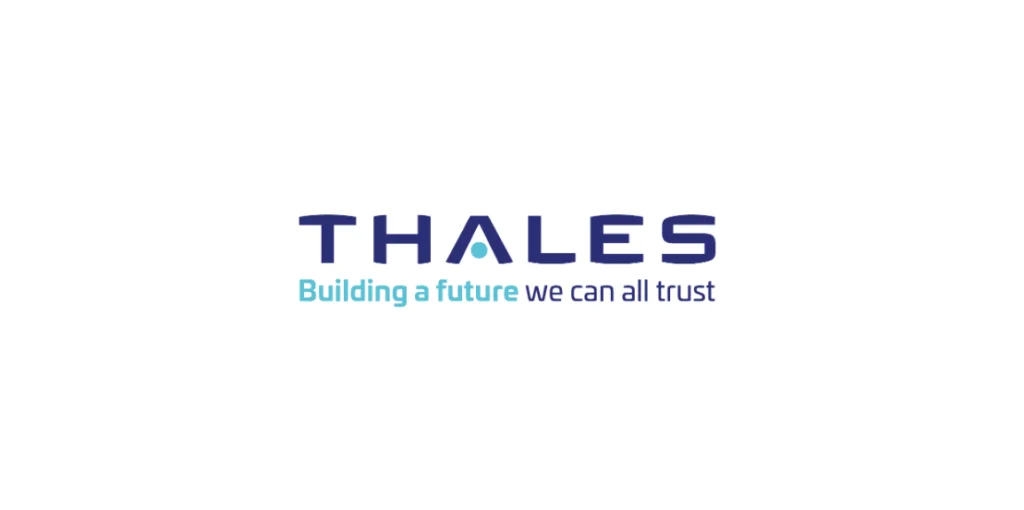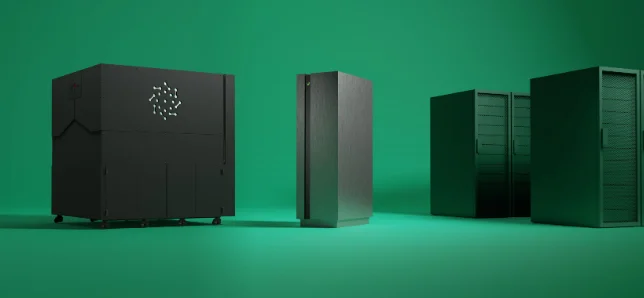
Quantum computers – even today’s versions – may be better at reading and even understanding the meaning of language than their classical counterparts, according to a team of Cambridge Quantum Computing researchers. In fact, the researchers say that current Noisy Intermediate Scale Quantum – NISQ – are uniquely suited for natural language processing, or NLP.
In a foundational study and through experimental results, both posted on ArXiv, a pre-print repository, the team reported they have successfully implemented a NLP task on a current-era IBM quantum computer. It’s the first time this has ever been accomplished, according to the team, who add that the findings establish that NLP is finally possible in a “meaning aware” – or true NLP – manner.
NLP is a type of artificial intelligence – AI – focused on facilitating natural language interaction between people and computers. Currently, the technology is used in numerous technologies, from offering suggestions for search terms on Google to powering voice assistants, such as Siri and Alexa. Scientists hope to use quantum technology to develop NLP that will not just read and decipher bits of language, but also deeply understand it, something that classical NLP cannot do. In fact, the researchers add that the study shows that Quantum NLP, or QNLP, may be perfectly suited to do just that.
In the experiment, the researchers first instantiated sentences as parameterised quantum circuits (PQCs). They encoded word-meanings in quantum states and explicitly account for grammatical structure by hard-wiring it as entangling operations. This approach to quantum natural language processing (QNLP) makes it particularly NISQ-friendly.


According to Bob Coecke, professor of quantum foundations, logics and structures, University of Oxford and senior scientific advisor for Cambridge Quantum Computing, the “natively quantum” structure of natural language could lead to new possibilities not just translating, but better understanding complete grammatical sentences and texts.
“The reason we say it is ‘quantum native’ is that language seems to want to live on quantum,” Coecke said in an interview with The Quantum Daily. “Quantum systems want to be simulated on a quantum computer. Simulating a quantum system on a classical computer can be too expensive, technologically speaking.”
Coecke is one of the foremost experts on the links between quantum mechanics and language, establishing his position on this 10 years ago.
“This is the first evidence that NLP is quantum native, meaning this is something that quantum computers can do well, and possibly better than classical methods in the long-term,” said Ilyas Khan, CEO of Cambridge Quantum Computing. “We believe this is one of the most important foundational papers published in the NISQ era and establishes the fact that NLP is finally possible in a meaning-aware manner.”
“The CQC work on quantum Natural Language Processing is a very encouraging example of one of our partners using access to our quantum systems to push the boundaries of quantum information processing toward new and important applications,” said Dr. Anthony Annunziata, Director of the IBM Quantum Network.
A Quantum Approach to The Challenges of NLP
According to a company statement, and as evidenced in the experimental work, NLP is at the forefront of advances in contemporary artificial intelligence, and it is arguably one of the most challenging areas of the field.
“Meaning aware” NLP tasks are so challenging that they are out of reach on classical computers in the foreseeable future. The steady growth of quantum hardware and improvements in quantum algorithm implementation signals an approaching era when quantum computers outperform classical computers with a reasonable amount of resources and in a repeatable manner.
While NLP performed on classical computers has made great strides, the researchers said that the technology is currently limited computationally, especially when it encounters more complex grammatical formations, according to the researchers.
“A good example of this is in the use of search engines,” said Coecke. “If you type in a grammatical sentence in your search engine, it tends to ignore all of what you are typing. It may pick out a certain number of words, but it won’t treat the words as a grammatically given thing.”
First Step, Future Quantum Leap
CQC’s team has already laid the groundwork to establish quantum advantage. They have previously established and proven a quantum speed-up for QNLP tasks and demonstrated potential quantum advantage for NLP in various ways including by algorithmic speedups for NLP’s most dominant tasks, such as search-related or classification tasks, and by using exponentially large quantum state spaces that allow for accommodating complex linguistic structures and finally; by novel models of meaning, employing density matrices.
The team added, however, that the focus of future research will be in formally proving quantum advantage with QNLP and exploring its many applications.
The model offers concrete promise for scalability as the quality of quantum hardware improves in the near future, according to Konstantinos Meichanetzidis, research fellow in computer science, University of Oxford, who worked with Coecke.
“Given better hardware in the future, and I assume that optimization will only get better, we are confident that this system can scale,” said Meichanetzidis. “When this scales up, we would be able to do more sentences, do larger texts because one key aspect of this is that it’s compositional.”
QNLP could progress even to the point that quantum computers could engage in the back and forth question-and-answer dialogues with people, or probe vast amounts of text for specific answers.
“We use Google translate and we have human translators,” said Meichanetzidis. “I can find a human translator who can translate English to Russian perfectly for you, but there is no human that can read all of the medical literature and help doctors make better judgments with their diagnoses.”
Giovanni de Felice and Alexis Toumi, both doctoral students in computer science, University of Oxford and working also for CQC worked on the study as part of the team.
For more market insights, check out our latest quantum computing news here.















